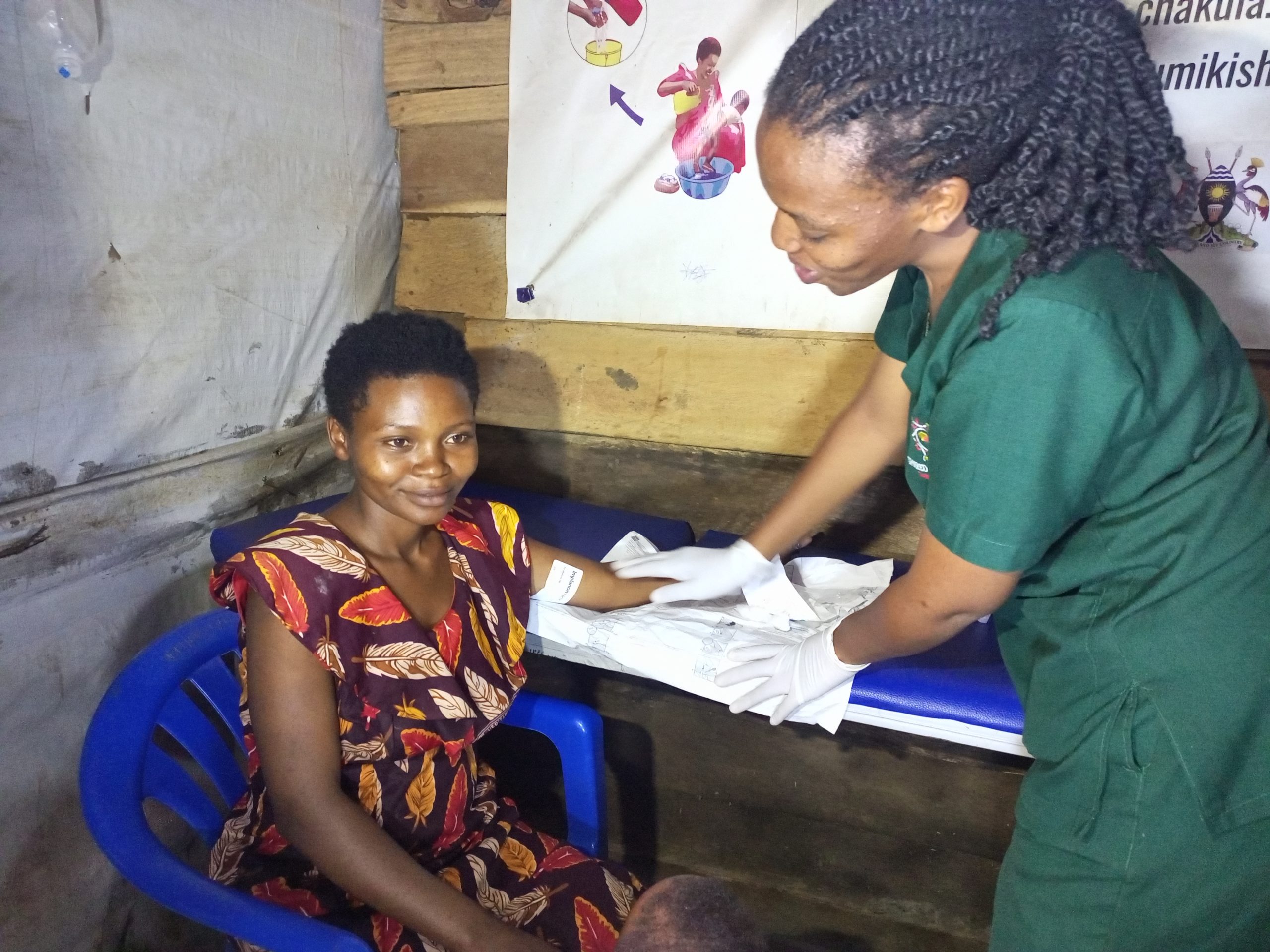Empowering Women through Family Planning: Iragena Rorange’s Journey in Nakivale Refugee Settlement
In the heart of Isingiro District, southwestern Uganda, the Nakivale Refugee Settlement is home to over 100,000 refugees from across East Africa. Amidst the daily struggles of displacement, stories of resilience and transformation often go unheard. One such story is that of Irajena Rorange, a 23-year-old refugee from Rwanda and a resident of Kabazaana zone within the settlement.
A mother of two young children—her first born is just two years old, and her second only three months—Rorange’s experience reflects the complex challenges many young refugee women face in accessing reproductive health services. “I conceived again immediately after giving birth,” she says. “At that time, I had no knowledge of family planning.”
The realities of raising two children in rapid succession without adequate support have been overwhelming. “Both my children are still babies and need constant care,” she explains. “I’m alone at home most of the time. I have to manage everything—childcare, domestic work, and supporting my husband. It has been exhausting.”
It was during a routine visit to Kabazaana Health Centre III to immunize her baby that Rorange encountered a turning point. There, a health worker from Shared Action Africa, a local women-led organization supporting sexual and reproductive health rights (SRHR) in refugee settlements, was conducting an education session on family planning.
“The health worker was describing a life that sounded exactly like mine,” Rorange recalls. “For the first time, I felt seen. I realized that I had options—that I could take control of my life and health.”
Inspired and informed, Rorange chose to adopt a long-acting reversible contraceptive (LARC) method Jadelle, a five-year hormonal implant. “That decision gave me hope,” she says. “It marked the beginning of a new journey for me.”
Beyond the physical toll of back-to-back pregnancies, Rorange also speaks candidly about the emotional stress at home. “My husband often criticized me for the constant crying of the children, for smelling of baby urine, for looking untidy. But I wasn’t careless—I was overwhelmed, unsupported, and completely burnt out. Now I understand that what I needed was information, and a chance to plan.”
With the burden of unplanned pregnancy lifted, Rorange now envisions a more stable and empowered future. “This has restored some peace in my home. I can breathe, rest, and even think about working to support my family financially. I want to be a productive woman, not just a struggling mother.”
She expresses deep gratitude to Shared Action Africa for the role they played. “They have helped me see myself as part of the world of visionary women. I now feel that I have a purpose and the power to shape my future.”
Rorange’s story is emblematic of the broader impact that access to comprehensive sexual and reproductive health services can have in humanitarian settings. With the right information and support, women and girls even in the most challenging circumstances can make informed decisions that transform their lives.
As global efforts toward gender equality and universal health coverage intensify, voices like Rorange’s serve as a powerful reminder: family planning is not merely a health intervention it is a critical tool for empowerment, dignity, and development.
she said.

